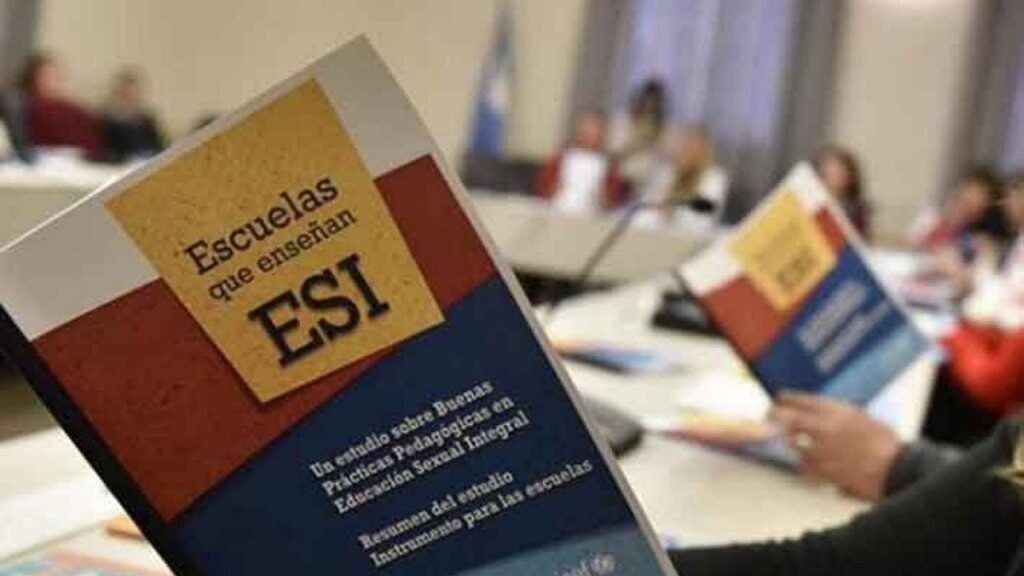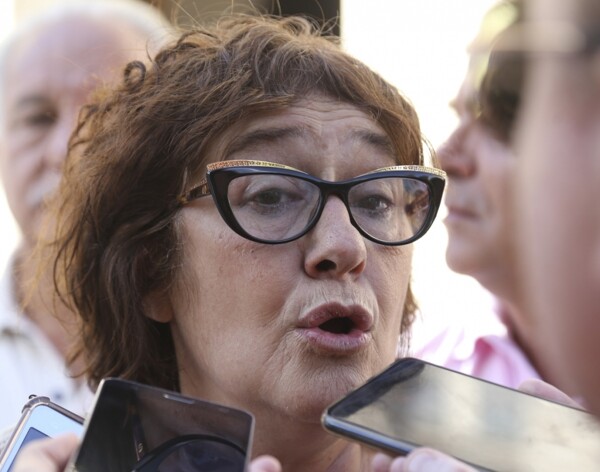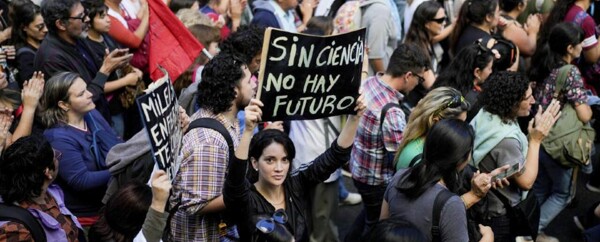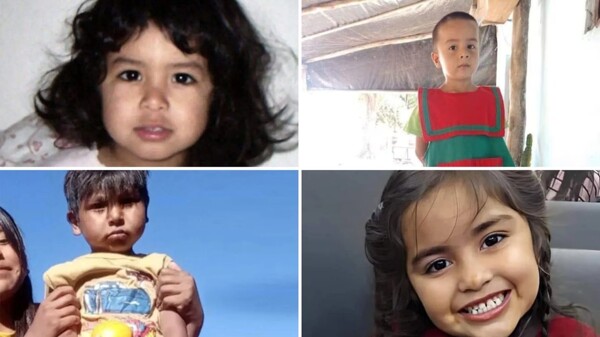
The National Government decided to eliminate content on Comprehensive Sexual Education (CSE) available to students and teachers, considering it 'indoctrination.' Despite this decision, thirteen provinces chose to maintain it in their educational program and continue the team that conducts it.
The survey conducted by the 'Movimiento X Más ESI' revealed that Córdoba, Corrientes, Entre Ríos, Formosa, Jujuy, La Pampa, La Rioja, Mendoza, Buenos Aires (PBA), Salta, San Luis, Santa Fe, and Tierra del Fuego have ensured the continuity of CSE during the 2025 school year.
On the other hand, some provinces like Tucumán, Santiago del Estero, Santa Cruz, and Río Negro decided to dismantle the CSE teams in their educational institutions. Meanwhile, Chaco, Chubut, Neuquén, Misiones, Santa Cruz, and the Autonomous City of Buenos Aires (CABA) transferred CSE professionals to other areas.
Regarding the Autonomous City of Buenos Aires, access to digital CSE content was blocked and left under review. The Strategic Plan Buenos Aires Aprende, led by Education Minister Mercedes Miguel, makes no mention of CSE anywhere.
Catamarca, for its part, did not provide information on the scope of CSE in the province. The report highlighted an alarming situation, as the CSE Law is being threatened by so-called 'emotional education' and by the dismantling of the National Prevention Plan for Unintended Pregnancy in Adolescence (ENIA).
Of all the Argentine provinces, only Santa Fe and the province of Buenos Aires allocate specific budgets from the provincial state to support trans children from early childhood to secondary school, as well as to address situations of bullying from an affective perspective.
Mirta Marina, provincial director of CSE, emphasized that Comprehensive Sexual Education allows the identification of naturalized violence situations and creates spaces for reflection both in classrooms and in the patios of Open Schools in Summer. Marina highlighted that families and the community are essential to effectively introduce CSE.














